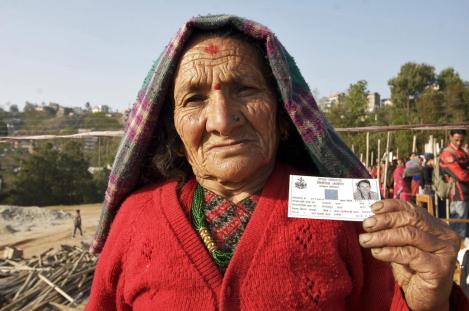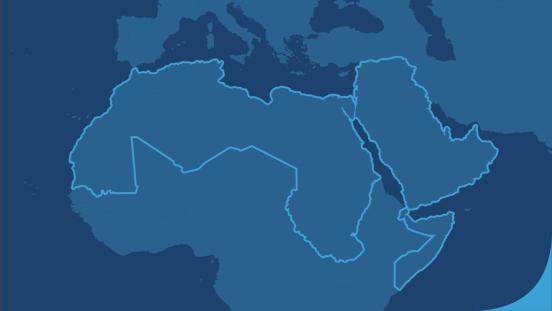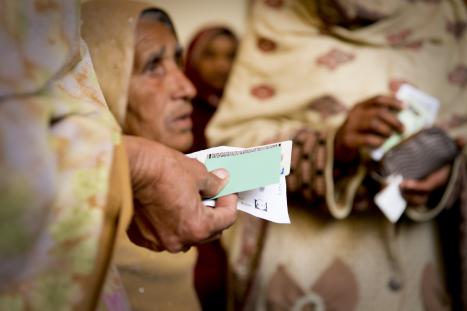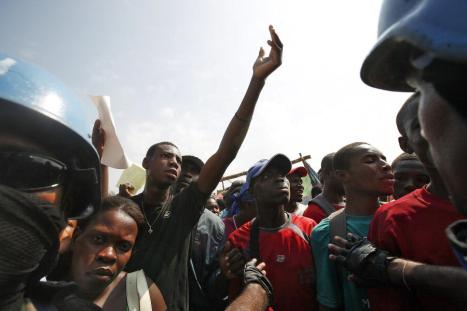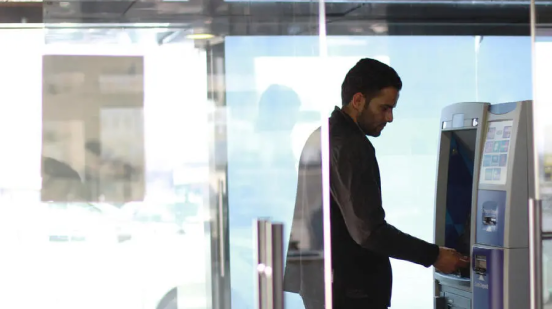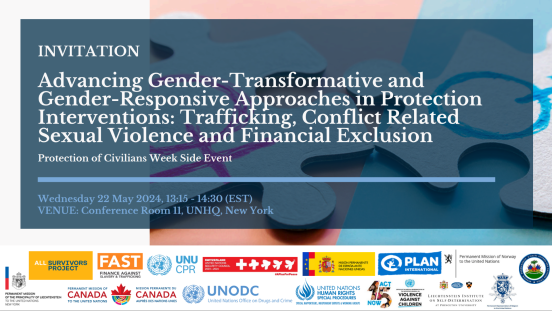As with so many of the UN Sustainable Development Goals in the 2030 Agenda, the elimination of human trafficking and other forms of modern slavery is far off track. We have consolidated new thinking and evidence to help inform policies and practices to accelerate efforts to eradicate modern slavery, including human trafficking, on a global scale. Modern slavery research at UNU-CPR is undertaken by the Finance Against Slavery and Trafficking (FAST) initiative.
Highlights

Brief
Bridging the data divide
Brief
The documentation divide
Understanding pathways to modern slavery among undocumented populations in Brazil
Brief
Bridging the identity gap
Policy recommendations for improving documentation and reducing modern slavery risks in Nepal
Recent publications

Brief
Bridging the data divide
Brief
The documentation divide
Understanding pathways to modern slavery among undocumented populations in Brazil
Brief
Developing a Public Private Partnership Approach to Increase Financial Inclusion for Modern Slavery Survivors in Mexico
An overview of a pilot intervention in Mexico to widen access to basic banking services for modern slavery survivors.
Brief
Exploring Migrant Survivors' Remittance Needs in the United States
Presenting the findings of a FAST survivor inclusion pilot programme.
Brief
Tackling Illicit Financial Flows at Source: Adopting a ‘Location-Centred Approach’ to Address Modern Slavery and Human Trafficking
Advanced monitoring of suspicious transactions to enhance the targeting of exploitative crimes.
Report
Asset Recovery and Restitution
Leveraging Inter-agency and Multi-stakeholder Cooperation to Facilitate Compensation for Victims and Survivors of Forced Labour and Human Trafficking.
Commentary
Blog Post
Financial Inclusion is Key to Reducing Haiti’s Vulnerability to Modern Slavery
For World Day Against Trafficking in Persons we explore how financial inclusion can be strengthened to protect vulnerable Haitians from exploitation.


